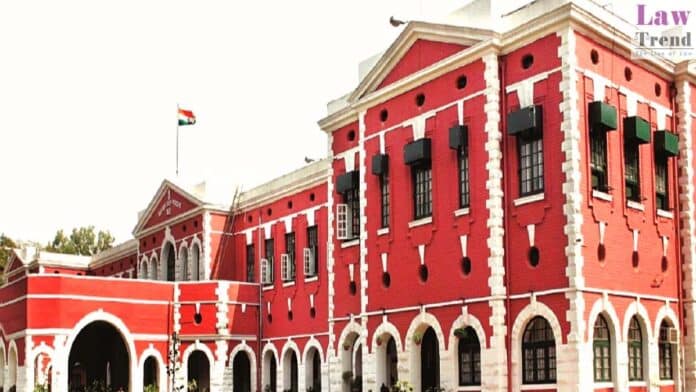In a significant verdict, the Jharkhand High Court has overturned a conviction in a POCSO case, citing “serious infirmities” in evidence, including contradictory testimonies and a substantial delay in lodging the First Information Report (FIR). The court observed that such discrepancies “cannot be ignored” and granted the accused the benefit of the doubt. The judgment,
To Read More Please Subscribe to VIP Membership for Unlimited Access to All the Articles, Download Available Copies of Judgments/Order, Acess to Central/State Bare Acts, Advertisement Free Content, Access to More than 4000 Legal Drafts( Readymade Editable Formats of Suits, Petitions, Writs, Legal Notices, Divorce Petitions, 138 Notices, Bail Applications etc.) in Hindi and English.




